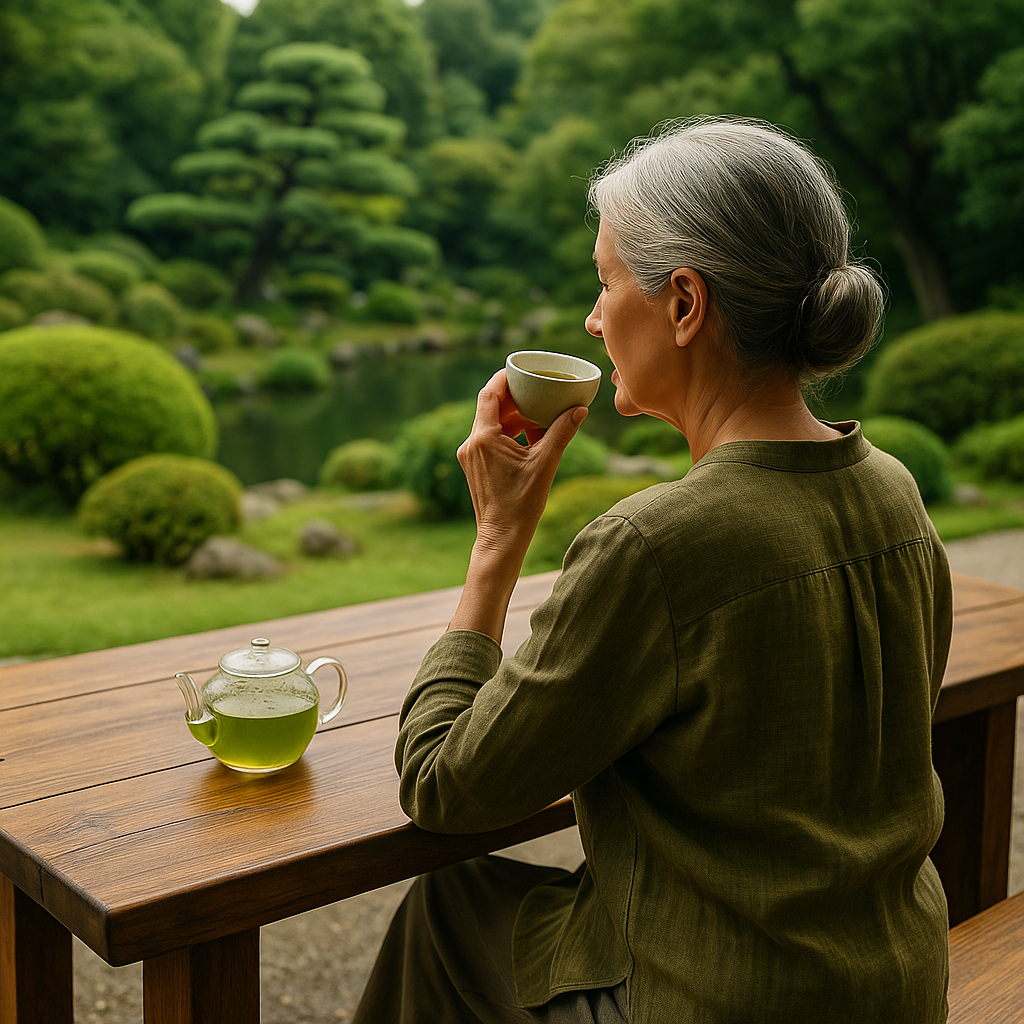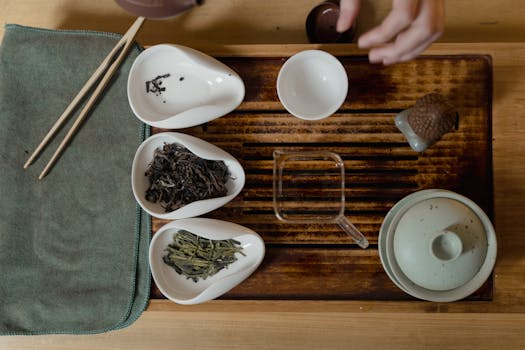When it comes to choosing your morning drink, the battle of coffee vs tea caffeine is one of the most common debates. You might assume coffee always wins in the caffeine department—but that’s not the full story.
Let’s explore how caffeine works in both drinks, how much you actually consume, and how it affects your body.
💡 What Is Caffeine and How Does It Work?
Caffeine is a natural stimulant found in coffee beans, tea leaves, cacao, and several other plants. It works by blocking adenosine, a neurotransmitter responsible for making you feel tired. By interfering with this sleep-inducing chemical, caffeine increases alertness and mental focus.
Once consumed, caffeine is absorbed into your bloodstream within 20–40 minutes and reaches peak effectiveness after about an hour. It can stay in your system for 3 to 7 hours, depending on how quickly your body metabolizes it. Learn more about how caffeine works.
☕ Coffee: High Caffeine, Fast Results
Coffee is known for delivering a quick and intense caffeine boost. A typical 237 ml (8 oz) cup of brewed coffee contains anywhere from 95 to 200 mg of caffeine, depending on:
- Type of bean (Robusta beans have nearly twice the caffeine of Arabica)
- Roast level (light roasts may retain more caffeine than dark)
- Brewing method (espresso, French press, drip)
Coffee stimulates the central nervous system and may cause:
- Jitters or nervousness
- Racing heart
- Energy crash once the effect wears off
Despite these effects, many people love the quick mental clarity and physical boost coffee provides.
🧠 Summary:
- Caffeine Speed: Fast-acting
- Typical Range: 95–200 mg per cup
- Best For: Mornings, workouts, quick mental focus
- Drawbacks: Crash, jitteriness in sensitive users
👉 See full caffeine content of common coffee types
🍵 Tea: Smoother Energy with Added Benefits
Tea also contains caffeine—sometimes called theine—but its effect is much gentler. This is due to the presence of L-theanine, an amino acid found only in tea that promotes calm focus and reduces anxiety.
Caffeine in tea is absorbed more slowly, resulting in a balanced and sustained energy boost without the crash.
| Tea Type | Caffeine (per 237 ml cup) |
|---|---|
| White Tea | 6–60 mg |
| Green Tea | 30–50 mg |
| Black Tea | 25–110 mg |
| Matcha (1g) | ~35 mg |
| Yerba Mate | 65–130 mg |
👉 Note: Herbal teas like chamomile and rooibos are naturally caffeine-free, but some blends may contain up to 12 mg of caffeine.
🔍 Do Tea Leaves Really Have More Caffeine?
Yes—by weight, tea leaves contain more caffeine (≈3.5%) than coffee beans (1.1–2.2%). But because:
- You use less tea leaf per serving
- Tea is brewed with cooler water
…a standard cup of brewed coffee still ends up stronger in terms of caffeine content.
☕ Coffee vs Tea Caffeine: Side-by-Side Comparison
| Feature | Coffee | Tea |
|---|---|---|
| Absorption | Fast | Gradual |
| Stimulant | Caffeine | Caffeine + L-theanine |
| Crash Risk | Higher | Lower |
| Duration | 3–5 hours | 4–6 hours |
| Best Use | Morning alertness, workouts | Focus, relaxation, steady energy |
🧪 Brew Time Affects Caffeine Levels
Caffeine in tea increases with longer steeping and higher water temperature.
- Green Tea Example:
- 1 min brew = ~16 mg caffeine
- 3 min brew = ~36 mg caffeine
- Black Tea Example:
- 3–5 min steep = 47–90 mg caffeine
That means how you brew matters just as much as what you brew!
💬 Final Thoughts on Coffee vs Tea Caffeine
Both coffee and tea can offer health benefits and improved mental performance—but they affect you differently.
- Choose coffee when you need a quick, intense boost.
- Choose tea when you want calm alertness and steady focus.
Whichever you prefer, be mindful of your caffeine tolerance, brewing method, and daily intake. Remember that caffeine isn’t bad in moderation—it’s how you use it that matters.
✅ Summary: Coffee vs Tea Caffeine
- Coffee offers a fast energy spike, with higher caffeine content per cup.
- Tea gives a gentler lift, thanks to L-theanine and slower absorption.
- Your ideal choice depends on your energy needs and sensitivity to caffeine.
- Brewing time, water temperature, and quantity influence caffeine levels in both drinks.


